10 Electronic Albums Orbital Think Every Fan Should Own
- Oops!Something went wrong.Please try again later.
- Oops!Something went wrong.Please try again later.
The post 10 Electronic Albums Orbital Think Every Fan Should Own appeared first on Consequence.
Crate Digging is a recurring feature in which we take a deep dive into a genre and turn up several albums all music fans should know about. In this edition, electronic legends Orbital share their picks.
Phil and Paul Hartnoll feel that their new album as Orbital, Optical Delusion, is “all killer, no filler.”
“There’s normally a track on an album where we go ‘Oh, not sure about that one,'” Phil Hartnoll tells Consequence, “… But on this one, everyone’s a winner.”
The two brothers, who have been producing and releasing music now across four decades, are excited to be back in the mix once again. Throughout the years, their Orbital project has withstood some significant eras of electronic music, from the breakbeat romps of England’s bustling house scene in the ’90s and 2000s, to the widescreen fantasia of EDM in the 2010s. Now, Orbital’s Optical Delusion (out now) finds them taking cues from both old and new as they formulate an expansive and freeing dance concoction.
For Optical Delusion, they’ve collaborated with some artists that stray far from Orbital’s lane — “Dirty Rat” features UK punks Sleaford Mods for a frenetic and downright silly electro explosion, and opener “Ringa Ringa (The Old Pandemic Folk Song)” includes contributions from British ensemble Mediæval Bæbes as they reimagine the children’s rhyme “Ring Around the Rosie” for a new, post-COVID world.
But the Hartnoll brothers aren’t just outstanding producers and songwriters — they’re true connoisseurs of the electronic genre, and have been actively inspired by the genre’s pioneers and forerunners for the last 40 years. In addition to older, influential dance records like Jean-Michel Jarre’s Zoolook and Kraftwerk’s Computer World, they’ve also selected essential records from a newer era, like Jon Hopkins’ stunning 2018 LP, Singularity.
Read on for Orbital’s list of the 10 electronic albums that everyone should own, and stream the duo’s new album Optical Delusion below.
Kraftwerk – Computer World
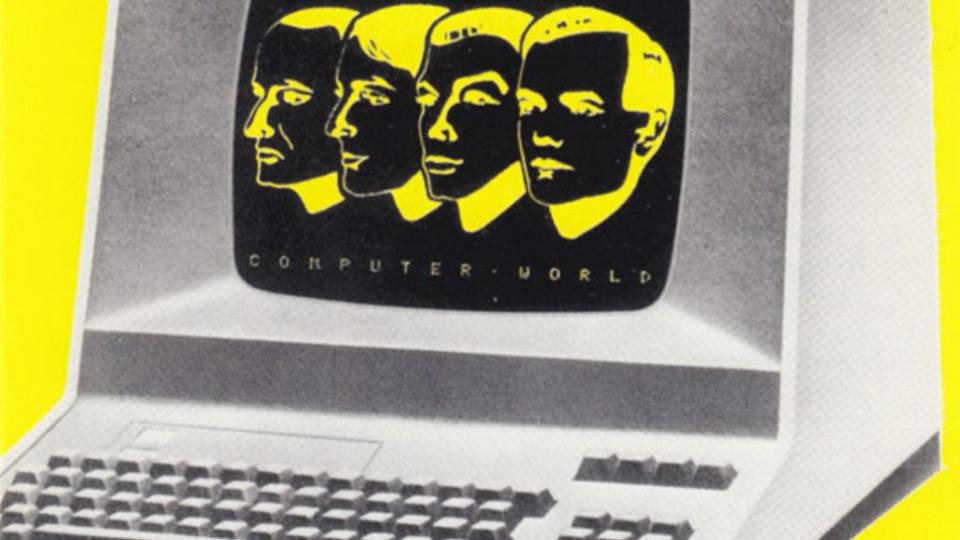
Phil Hartnoll: During lockdown, I couldn’t really listen to music. I was in really bad shape. But Computer World was kind of the only one I could listen to, the only album. And I think it’s because it’s so competent. It was so non-challenging because I know it so well. It was just like an old friend. I played it all the time. I’d like to see how many times I’ve played it. I think we can do that with Spotify. But that’d be quite a good thing. It’s a pinnacle point in my and Paul’s joint.
Paul Hartnoll: This was the first Kraftwerk album that I bought. Phil had gotten a record player for Christmas one year and he got an album with it, which was Trans-Europe Express. It’s a soundtrack of a motorway, and it’s all one track. It’s brilliant. So I grew up with Kraftwerk. And Phil bought The Man-Machine as well, which is a great album. We could have had five Kraftwerk albums in this list, but you can’t do that.
Computer World was the first one I bought, I was about 12. At first play, I thought it was really strange because it didn’t sound quite like Man-Machine. It sounded colder and more stark and spikey. And then I got to the end of side one, and “Numbers” came on, and it was so icy and chilling, but it made me want to move. I felt like I was at the birth of something. And I didn’t know what it was actually, it was electro, but who knew at the time? I just thought, “Oh, yeah, yeah, okay.” And I hammered that album and grew to love every moment and every beat and note and meaning on it. They were heralding the future still. I think for me, it was the last time Kraftwerk did that, because the rest of the world caught up with them. It’s not to say they slowed down or they fucked it up or got it wrong, but exponential growth meant that the rest of the world caught up with Kraftwerk. And their job was done in so many ways. They still went on to do Electric Cafe or “techno pop” as they call it now, which is also a great album, but Computer World was the pinnacle of everything they built up to. It’s the top of their mountain, starting from Autobahn. It was just like an ascent right up to Computer World for me.
Essential Track: “Computer World” itself, the opening track. “Numbers” is brilliant, but “Computer World” itself, it’s the opening promise of utopia.
Tangerine Dream – Force Majuere
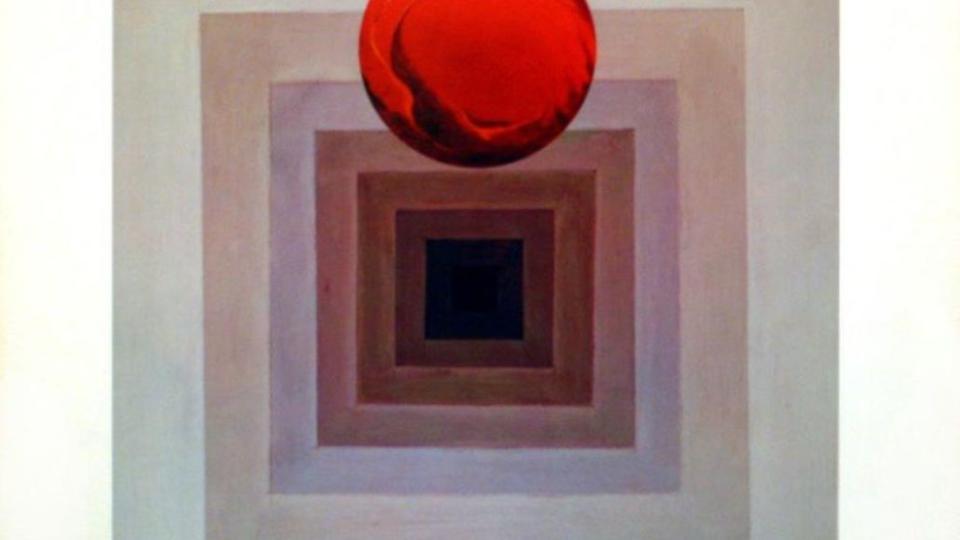
Phil: The pain I went through and the amount of Tangerine Dream albums I went back and listened to again, just to come to the conclusion of Force Majeure. Because Tangerine Dream, they’re another band where every album just bleeds into the next and it’s like this one long ocean of fabulousness. The album that I bought when I was young was Exit, which I absolutely love. Having got most of them now, I think I keep coming back to Force Majeure, which is interesting because it’s actually a bit more prog rock than they usually are. It’s got drums and I think that kind of pleases me — it’s like “Wow, what’s this? This thing? There’s this drumkit going on.” There’s also more electric guitar going on, but it’s still a quintessentially electronic album. I just love it.
I suppose what I’m saying to anyone reading this is it’s an interesting starting point and then spiral out in either direction from there. You can move forwards to Exit or backwards to the oldest stuff, but it’s all good, even their live albums. For me, it’s one that I would definitely on a Sunday afternoon, go “Oh come on, Force Majeure. Let’s do it.” I just love their style and their sound and their kind of jam-y sounding quality that’s also carefully considered. It’s got some kind of planning and mission in mind, and it really kind of takes you on a journey that some of the earlier ones also do, but they’re a lot slower. It’s a slower burn, whereas Force Majeure drags you through a journey. But what I’m saying to people is: This is a window, open it, go in there, and then see where you go beyond that.
Essential Track: “Cloudburst Flight” kills me every time.
Severed Heads – Since the Accident
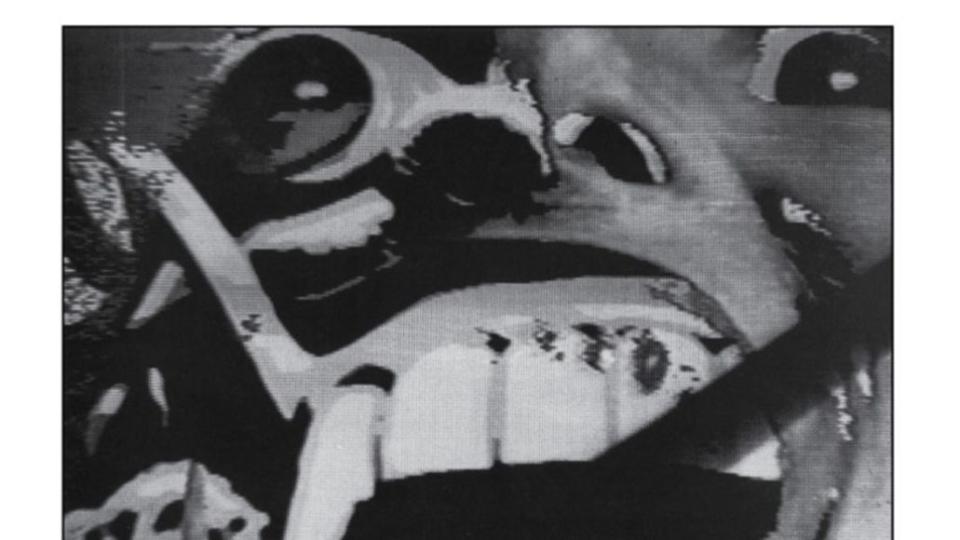
Phil: Yeah, a good friend of mine named Jeremy used to work in a shoe shop in Kings Road. It just used to be me and him. It’s a really small shoe shop. But he had great taste in music. And he turned me on to them, and sort of more in the electronic, experimental side of things. Chris & Cozy, Cabaret Voltaire… I’m sure he turned me on to them as well.
Paul: Jeremy came to stay one night, I think he brought the records with him. I was in the house, Phil was there, it was like a little drinks gathering. And he put Since the Accident on by the Severed Heads. Again, that was one of those head-exploding moments for me. It was just like, “Oh, so you can do this with electronic music? I didn’t know that.” Because it was dark, distorted, and moody, but it was beautiful and kind of majestic and haunting at the same time. It’s like the Gothism of electronic music. It’s all the Gothic stuff that Kraftwerk doesn’t have. It’s kind of messy and it’s scary. I used to listen to it on my Walkman, walking home from the bus stop, but late at night there were certain tracks I had to kind of, “No no no no no no, can’t,” looking behind me, you know? That album has so much darkness in places with so much beauty as well.
Phil: The thing is with Severed Heads, it’s the voice samples that he chooses. It’s so cut up within the actual content. Most of the voice samples and the loopiness of it was really attractive to me. It’s his sense of humor as well.
Paul: Yeah, you’ve got tracks like “Gashing the Old Mae West,” which literally sounds like a scratched record on a loop but it just keeps slightly changing with an extra layer. It just sounds like a broken record, but it morphs over time.
Essential Track: “Dead Eyes Opened.” A very close second, if we’re allowed to have one, is “A Million Angels”. That’s a close second.
Keith LeBlanc – Major Malfunction
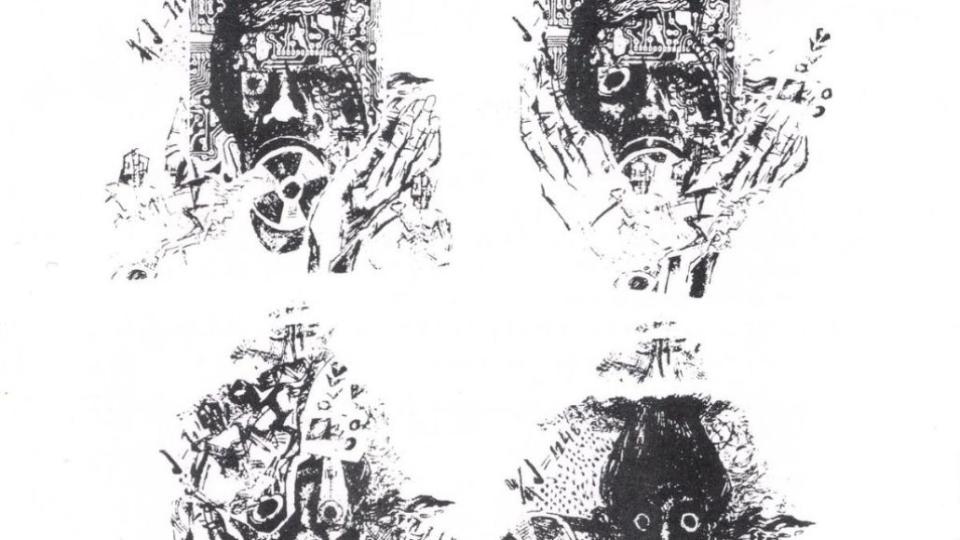
Phil: There’s a lot of production on this album from Adrian Sherwood, who was taught by loads of dub/reggae people out in Jamaica. When they would play live, he’s mixing tapes and samples with his instrument. But they both were apart of the band Tackhead and Adrian Sherwood is at the helm of the mixing desk, which really goes well, and it was this dawning realization for me. Keith LeBlanc is the most amazing drummer I’ve ever seen in my life and he used to have drum-triggering samples from pads. On his own, without the company of a band, if you weren’t looking at him, you’d think, “Oh, there’s at least three people there.”
Paul: He was playing voice samples off of the tom-toms. He’d put his stick in his mouth and play a keyboard over here. And then he changed presets on his sampler while he was still drumming with one hand and two feet. He was the house drummer for the Sugarhill Gang as well. He is funky as you like, yeah. So it’s basically hip-hop, but industrial hip-hop, and he would like to do all these big droning kinds of distorted sounds over the top of his stuff and then he changed the sound by hitting a different tom-tom to change the pitch and that kind of thing. And then triggering all these vocal samples. It was quite politically motivated and it was dirty punk rock, and instrumental hip-hop. It fit into the same category as Public Enemy, but with a Dead Kennedys mentality.
Essential Track: They’re all brilliant, but “Get This” is the one he used to start his live sets with.
Street Sounds: Crucial Electro
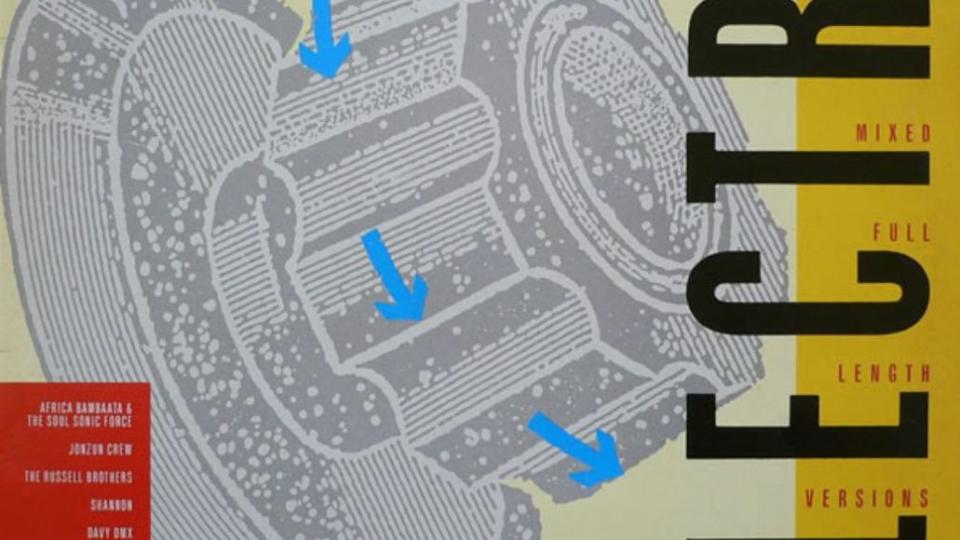
Paul:
This one is a compilation, and I don’t think it was a series in America. We come from a small village in Kent. In 1984, we knew we’d heard of electro, and then John Peel played at an electro track and we went “Oh, that’s good. Let’s go and see if we can buy some of that.” So we had to drive to our nearest big town, which was Bromley, in our lunch break at work, and go to a record shop and we found Street Sounds Electro Compilations. Each side is a mix of between three and five electro 12-inches on both, so you got two sides and you come home with these two really well-mixed DJ sides of electro. We bought a couple of those each but Crucial Electro, the tracklisting on that is bonkers for just brilliant electro tracks. That switched us into electro and just blew our minds as to what was going on in America, which was very different to the industrial kind of sound that was coming out here, because electro had a bit more funk to it. It had a jazzy-funk kind of element. But at the same time, you’ve got tracks like “Al-Naafiysh”, which is moody all the way, but we could hear that Kraftwerk influence. But it was much more disco and gritty while also being really polished and really lovely sounding as well.
Phil: That’s what drove me. I went to New York when I was 23. Essentially, it was that whole compilation that made me go and I wonder, “Well, I want some of these. Where is it? I want to go to a nightclub where it’s playing.” Which is why I ended up in New York.
Paul: Phil used to send me back really good mixtapes of DJ Red Alone who was also mind-blowing. That electro album was like a message in a bottle from America to us in the countryside in Kent. We were never gonna get it here, it was never gonna happen. We didn’t even know where to go in London to buy those records if they were even available, but these Street Sounds Electro albums were brilliant.
Essential Track: I’m gonna say “Al-Naafiysh”. That’s the real standout track.
Jean-Michel Jarre – Zoolook
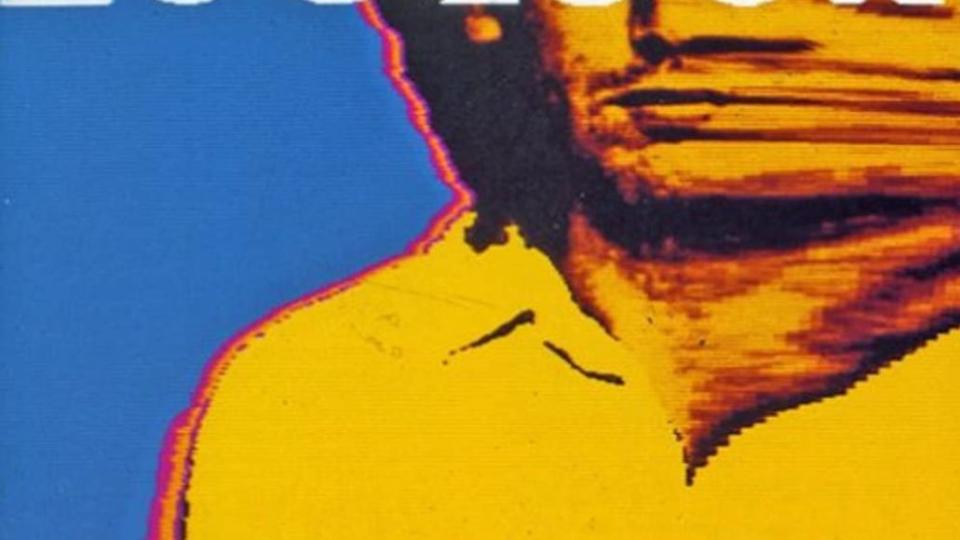
Paul: I was never interested in Jean-Michel Jarre until I heard Zoolook, because I loved the idea of samplers and things like that. So a friend of mine bought it, and we were like, “Whoa, what’s he doing?” So I didn’t know he had it in him. This was like, “I’m gonna fuck around with a sampler and show you how to do it.” It was absolutely brilliant. I just loved that all the tracks were just all made out of samples. Absolutely blew me away.
Essential Track: The main track is track three, “Zoolook.” The use of samplers and drum machines at that point was massive He was properly rivaling the Art of Noise.
Jon Hopkins – Singularity

Paul: I’ve always liked Jon Hopkins. He sent us one of his early albums years ago to our management and said “I’m a big fan. Ever listened to my album?” He was younger. I’d always had an interest in him, and met up with him a couple of times since then, he’s a lovely man. And then he did that album and I just thought, “Okay, yeah, that’s it. You’ve just done something to me that sounds interesting and different with dance music that I haven’t heard, and that’s really fucking annoying.” But in a good way!
He really took the gauntlet and made some great stuff. Because I’ve listened to that album and just thought “Sometimes I’m not sure what you’re doing. I don’t know what you’ve done. I don’t know how you’ve done that.” That’s what I like: If someone can do something electronically that I can’t quite get my head around.
Essential Track: “Emerald Rush”
Extrawelt – Extrawelt Hits
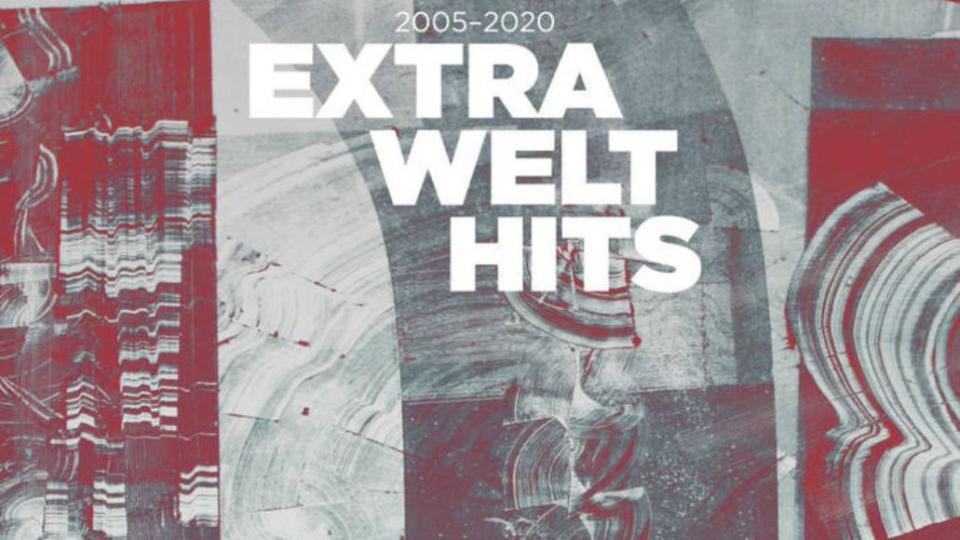
Phil: If anybody wants to an introduction to German techno, in my opinion, these are the guys. They’re very much like us. They go out there, and when they play live, they surround themselves with equipment and set up a studio on stage. They’ve been doing it for a while. I don’t know how old they are or much information about them, but they are proper, really, really good. It’s my go-to with only knowing a little bit of German techno. It’s not in-your-face techno. It’s a little more mellow. When I think German techno, I think ‘DUN DUN DUN DUN’. But it’s not like that at all. It’s really melodic. It’s fantastic. And I love them.
Essential Track: “Soopertrack”
Claude VonStroke – Beware of the Bird
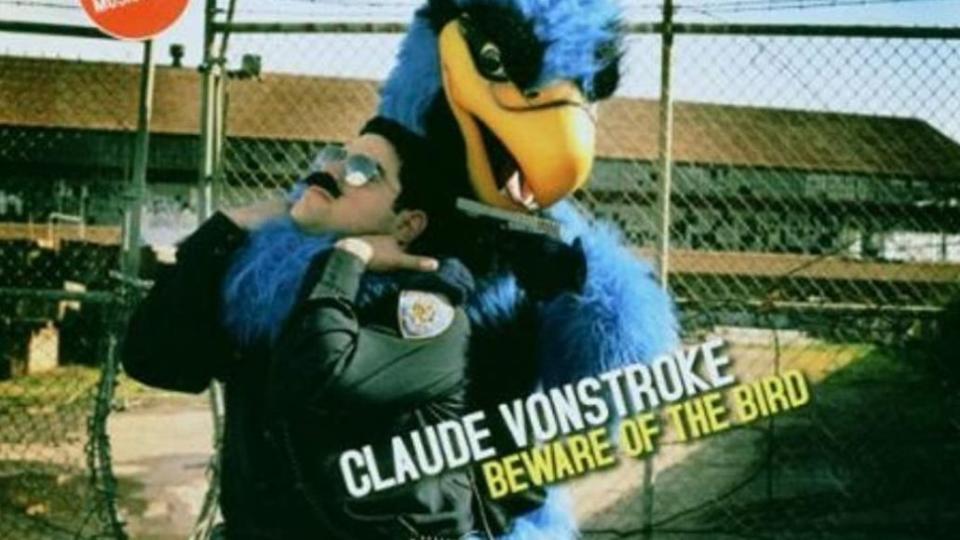
Phil: Love Claude VonStroke, the main man of Dirty Bird Records, if people don’t know. If you like this, go on and check out Dirty Bird Records, they’ve got so many people on their roster. Nearly every track I play from Dirty Bird is a winner, in my opinion. And they’ve been going for ages. I’ve managed to catch the whole Dirty Bird showcase at Movement Festival in Detroit when we were there last.
Essential Track: “Who’s Afraid of Detroit?”
BBC Radiophonic Music
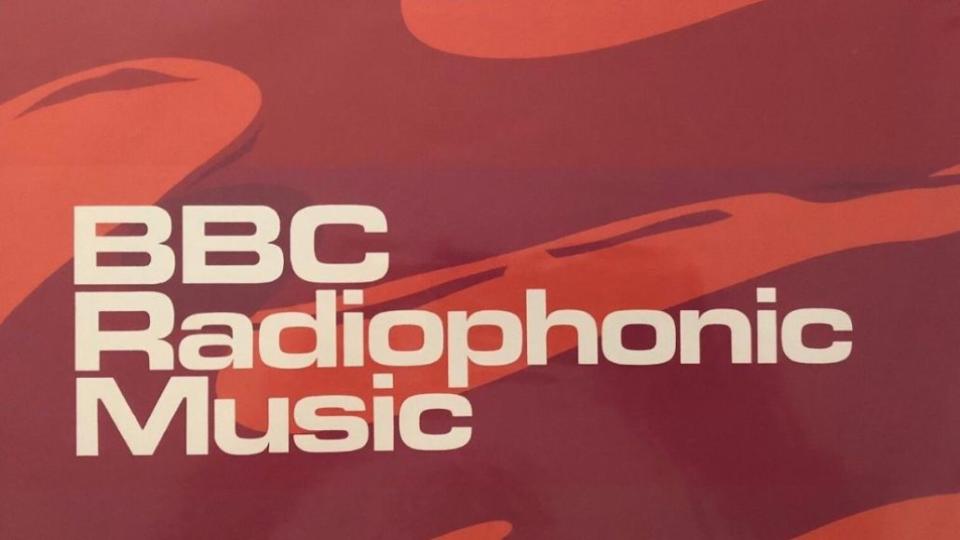
Paul: This is an album that the BBC put out of the Radiophonic Workshops output. This is really early though. So there’s only three of them on there. This is pre-synthesizer. Delia Derbyshire, John Baker, and David Cain are the holy trinity of the radiophonic workshop. There were lots of great people came after them, but those three were the Holy Trinity. They did it all with tape edits and things like that and it sounds like an album made with samples, which it kind of is, but they had to do it with tapes and things like that — just basic tape delays and such. It’s astounding what they achieved with it. I also find it a really good album to listen to because it’s really quite funny. It’s little jingles and things like that, but it’s really uplifting. It’s a beautiful album to listen to. It’s in glorious mono, by the time they finish all their tape splicing and things like that. I’ve been a big fan of all those people. Delia Derbyshire has always been a hero but I think my favorite person from that trio has always been John Baker. And he gets overlooked sometimes for the Radiophonic workshop, but he’s my favorite.
Essential Track: “Radio Nottingham”
10 Electronic Albums Orbital Think Every Fan Should Own
Paolo Ragusa
Popular Posts

